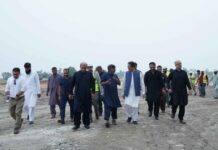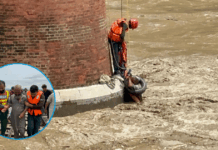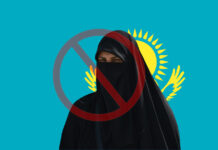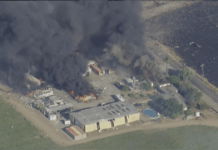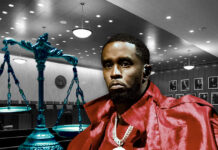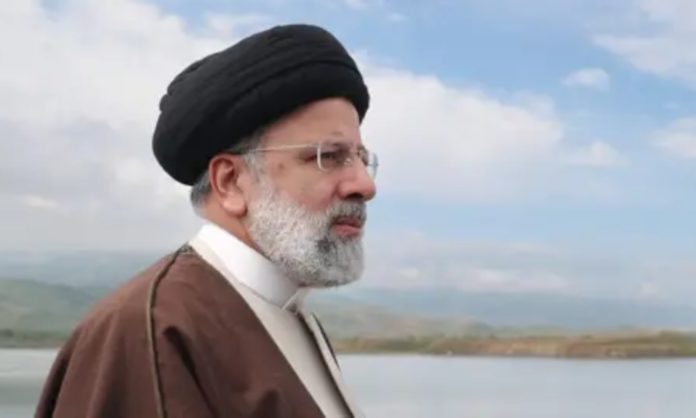Iran’s President Ebrahim Raisi has died after a helicopter carrying him and other officials crashed in a mountainous and forested area of the country during poor weather conditions.
The 63-year-old, a prominent figure in Iran’s conservative and hardline political factions, had been president for nearly three years and was expected to run for re-election next year.
Raisi, born in Mashhad in northeastern Iran, was a former chief justice and a potential successor to Ayatollah Ali Khamenei, the 85-year-old supreme leader of Iran.
Raisi’s background includes religious education in Qom, and he wore a black turban, signifying his status as a sayyid – a descendant of the Prophet Muhammad, which holds particular significance among Twelver Shia Muslims.
He gained experience as a prosecutor in various jurisdictions before moving to Tehran in 1985. Human rights organizations have noted his involvement in a committee of judges that oversaw executions of political prisoners in the capital.
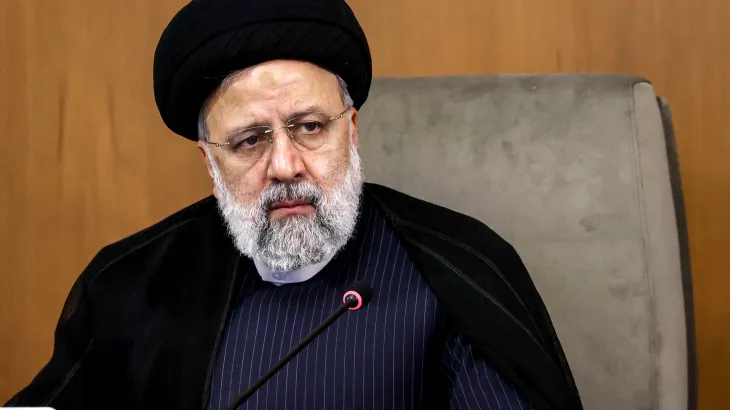
As a longtime member of the Assembly of Experts, Raisi was involved in choosing the replacement for the supreme leader in the event of his death.
He became Iran’s attorney general in 2014 and later led the Astan Quds Razavi, a charitable trust with significant assets, appointed by Khamenei.
Raisi first ran for president in 2017, unsuccessfully challenging the re-election of former President Hassan Rouhani. In 2019, Khamenei appointed him head of the judiciary, where he positioned himself as a defender of justice and an anti-corruption figure, gaining popular support through provincial travels.
He became president in 2021, winning amid low voter turnout and the disqualification of many reformist and moderate candidates.
Raisi was known for his harsh rhetoric against Israel and the United States, particularly condemning actions in Gaza and promising revenge for attacks on Iranian interests.
He supported Iran’s “resistance” policy against sanctions imposed after the 2015 nuclear deal fell through and was a staunch ally of the IRGC and the “axis of resistance,” backing political and armed groups across the region. He also supported Syrian President Bashar al-Assad in the Syrian civil war.
Stay tuned to Brandsyario for the latest news and updates.

